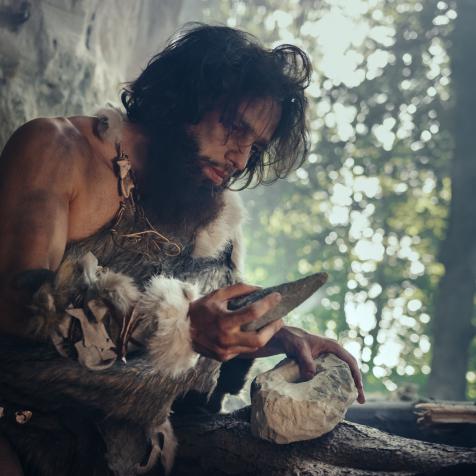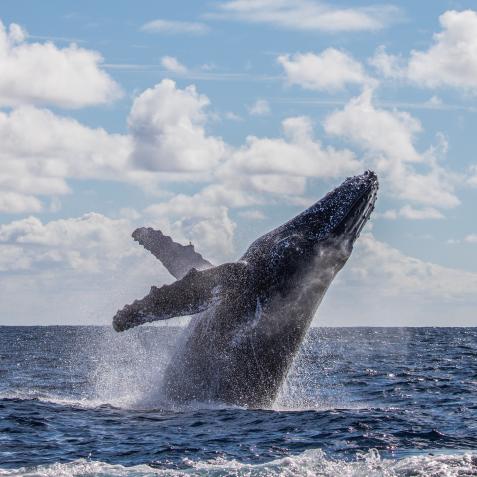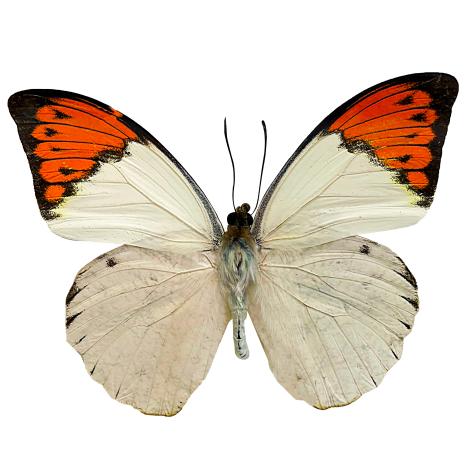
Curiosity Daily Podcast: Big Five Personality Traits Are WEIRD, Why Mouth Wounds Heal So Quickly, and Snake Island
Learn about why the Big Five personality traits may not be reliable in developing countries; why Brazil's Ilha da Queimada Grande island is full of outrageously venomous snakes; and why wounds in your mouth heal so quickly.
August 14, 2019
Episode Show Notes:
In this podcast, Cody Gough and Ashley Hamer discuss the following stories from Curiosity.com to help you get smarter and learn something new in just a few minutes:
- The Big Five Personality Traits May Not Be Reliable in Developing Countries — https://curiosity.im/2KgKNJm
- Snake Island Is Teeming With Nothing But Outrageously Venomous Snakes — https://curiosity.im/2SvwQtq
- Why Do Mouth Wounds Heal So Quickly? — https://curiosity.im/2SGgpuF
Download the FREE 5-star Curiosity app for Android and iOS at https://curiosity.im/podcast-app. And Amazon smart speaker users: you can listen to our podcast as part of your Amazon Alexa Flash Briefing — just click “enable” here: https://curiosity.im/podcast-flash-briefing.
See omnystudio.com/listener for privacy information.
Next Up
Curiosity Daily: Neanderthal Roommates, Sea Dragons, Hidden Egyptian
Hear about a new archeological site that suggests humans arrived in Europe 10,000 years earlier than previously thought, what a giant fossil could teach us about the fearsome sea dragon, and a massive archeological find in Egypt!
Curiosity Daily Podcast: Pee and Seagrass, Heart Sound Maps, Modified Mosquitos
Today we talk about how crystallizing human urine can help save seagrass, a new AI program that can detect early signs of heart disease, and how mosquitos can be used to vaccinate against malaria.
Curiosity Daily: Asteroid-eating Fungi, Psychedelic…Maybe, Printing Organs
Today, you’ll learn about mushrooms that can eat asteroids to make space soil, how our thoughts affect us as we microdose psychedelics, and efforts to 3D print organs like kidneys and lungs!
Curiosity Daily Podcast: Hacking Device, Designer Seaweed, Accent Exposure
We discuss the latest in phone hacking technology, how aquaculture may be able to help the global food crisis, and how engaging with people who speak in a foreign accent may help us retain language.
Curiosity Daily Podcast: Murdering Murder Hornets, ADHD & Hoarding, Pain Pill Ills
Learn about how Japanese honey bees protect themselves from murder hornets, how a new link has been discovered between ADHD and hoarding disorder, and how your over-the-counter pain meds, might actually be making your pain worse!
Curiosity Daily Podcast:The Myth of Man Flu, Arctic Lakes, Buzzing Bats
Let’s talk about whether “man flu” is fact or fiction, how the Arctic lakes just threw a curveball at our climate change projections, and the genius new way bats are tricking their predators.
Curiosity Daily Podcast: Anti-Hangover Pill, Perks of Whale Poop, Found Dino Tracks
A Swedish company has created a new anti-hangover pill that reduces the short-term effects of drinking, whale poop is helping our ocean’s ecosystems, and a recent drought in Texas revealed the footprints from a dinosaur over 100 million years ago.
Curiosity Daily Podcast: Space Slingshot, Ancient Modern Pants, Lifesaving Silence
Hear about a slingshot launching payloads into space, the impressively modern-looking world’s oldest pants, and how moth wings are able to absorb sound to avoid detection from bats.
Curiosity Daily Podcast: Reverse Aging, Cooperation Increase, Time & Covid
Today we explore a potential scientific fountain of youth, how cooperation among strangers has, contrary to popular belief, actually increased in recent years, and how the pandemic has caused the perception of time distortion.
Curiosity Daily: Fry Flying, Gas Giants at Home, Entangled Atoms
Today we are discussing new sustainable fuels for airplanes, creating other worldly heat at home, and a new record for quantum entanglement.











































































